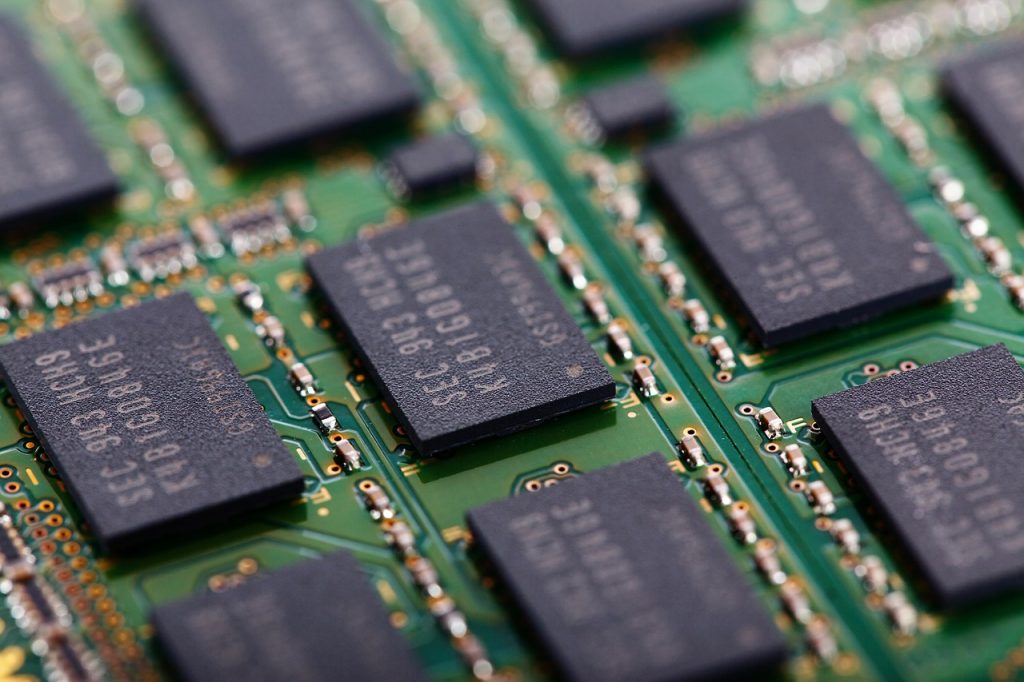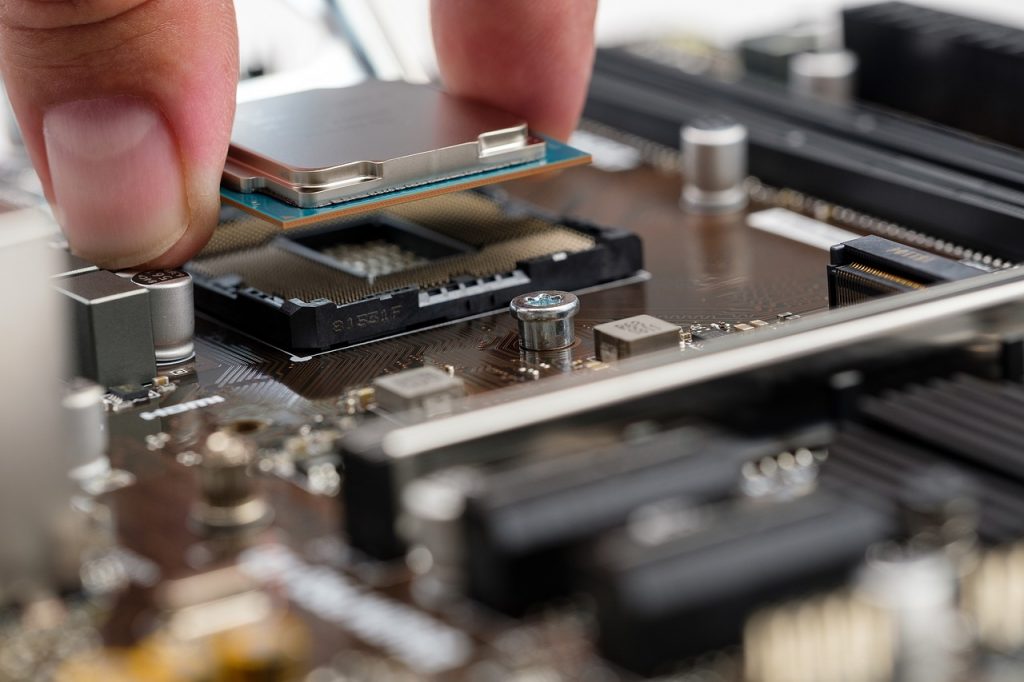Intel Says Chip Shortages Aren’t Going To Get Better Anytime Soon
Intel warns that computer chip shortages won't be alleviated any time soon.
This article is more than 2 years old

Chip shortages have been plaguing industries from technology to automobiles. While there was hope for more computer chips to be distributed, it’s looking like these shortages will last for a few more years to come. Intel, the renowned tech company, announced that these chip deficits will last until 2024, to the concern of consumers worldwide.
Pat Gelsinger, the Intel CEO, told CNBC about his suspicions about an extended chip shortage. To the dismay of many, he expects the semiconductor industry to suffer from prolonged shortages well into 2024. His reasoning comes from a lack of available manufacturing tools, which plagued the tech industry at the pandemic’s commencement. With many industries facing sky-high demand, manufacturers can’t process their products in time. The semiconductor industry is stuck in a deficit loop, where manufacturers cannot alleviate monstrous demand.
Gelsinger once believed that the chip shortage would only last another year. But with new deficiencies occurring in necessary manufacturing equipment, Gelsinger predicts the shortage will last much longer. With fewer chips, less equipment, and unfathomable demand, industries cannot manage to produce enough to reconcile the supply chain discrepancies sufficiently.
Like many tech companies, Intel faces a slow decline in stock market value. Analysts expected Intel to have a relatively successful fiscal quarter, but its revenue fell short of expectations this month. Shares for the company fell by 6% on Friday to the dissatisfaction of executives and shareholders. This is an unfortunate effect of the tech industry suffering from computer chip shortages, leaving companies with the possibility of financial insecurity.
Demand for products that use semiconductors skyrocketed at the beginning of the pandemic. Though quarantine shut down many factories that relied on in-person workers, more people expressed the need for electronics. Desktops, laptops, and tablets grew in demand as the pandemic continued throughout 2020. Increased pressure while many manufacturers weren’t open created an economic imbalance. Corporations are just starting to deal with years of backorders while certain plants still suffer from a lack of necessary materials and equipment. If computer chip shortages continue to last, tech manufacturers will have difficulty meeting customer demand.
Hope is not entirely lost for the semiconductor industry. In 2021, Intel started to invest in diversifying its manufacturing plants. These funds are being utilized to create new production sites in Europe and United States in an attempt to alleviate the chip shortages. Intel will potentially spend $100 billion on one fabrication plant in Ohio, hoping to boost the development of computer chips.

This move is part of Gelsinger’s attempt to localize chip manufacturing. Since most of Intel’s semiconductor materials come from plants in Asia, opening United States plants could allow more chips to be produced at a quicker rate. The company has already invested $20 billion into the Ohio complex, which has the potential to increase over the next few years. Intel is taking this computer chip shortage seriously, and investing more in manufacturing plants could be the way to solve the frustrating issue.
A chip shortage has been brutal for companies globally during the pandemic. Everything from cars to washing machines has been halted due to limited access to these necessary chips. Speedier chip creation could eliminate this manufacturing problem by investing in more fabrication plants.





